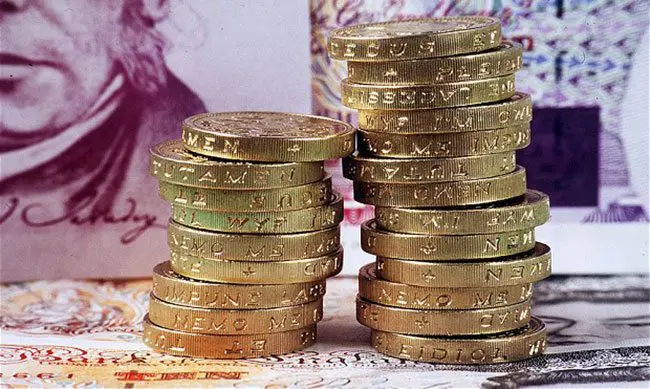The Independent reports that, working age households still have less money than they did before the financial crisis, but retirees have seen their incomes soar, new official figures reveal.
A typical working age household had £28,481 of disposable income in 2016, less than the £28,825 they had in 2007, adjusted for inflation, the Office of National Statistics reported on Tuesday.
Retirees, however, have enjoyed a 17 per cent increase in income since 2007, helped by generous pension spending and rising property values. The “triple lock” guarantee, introduced by the coalition in 2010 ensures the state pension rises by whichever is the highest of inflation, average earnings or 2.5 per cent.
By contrast, workers have seen wages stagnate for almost a decade, accentuating a growing generational divide in the UK.
In November, the Institute for Fiscal Studies found that people aged 22 to 30 have seen their incomes fall 7 per cent since 2007, while those aged over 60 have enjoyed an 11 per cent boost.
Reacting to the figures, the Resolution Foundation, a think tank, pointed out that inequality among pensioners has also increased.
Matt Whittaker, the foundation’s chief economist, said: “While traditional income inequality has been falling – for now – new living standards divides between generations have opened up as working age households continue to struggle.
“Getting to grips with this sluggish growth for working middle-income households will be a key mark on which to judge the Prime Minister’s ambitious domestic reform plans.”
The ONS on Tuesday also reported that overall inequality declined compared to last year. The average disposable income for the poorest fifth of households increased by £700 to £13,600 according to the most recent data, while the typical income of the richest fifth of households fell by £1,000 to £53,400.
Chancellor Philip Hammond said in a statement on Tuesday: “Our reforms to the tax system mean hard-working people are keeping more of what they earn.
“Increases to the personal allowance have taken millions out of income tax altogether and reduced tax bills for some of the lowest earners by £1,000 a year.


